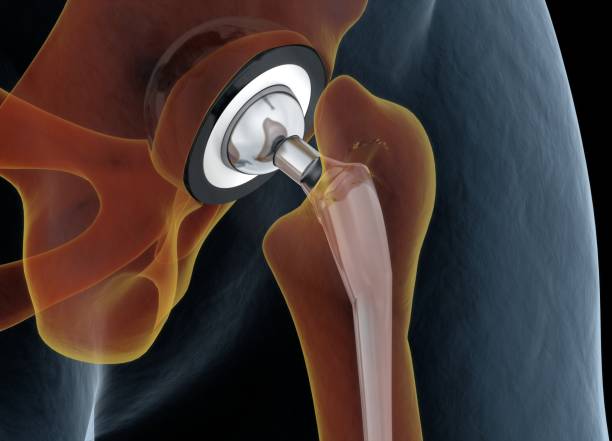Hip Resurfacing Surgery in India starts from $5500. The total cost of the treatment depends on the diagnosis and facilities opted by the patient.
Birmingham hip resurfacing surgery is an alternative to the total hip replacement surgery, which is indicated in patients with advanced arthritis of the hip. The latter could be performed as an anterior hip replacement or posterior hip replacement.
Both hip resurfacing and total hip replacement procedures are, in a way, a form of hip replacement. In Birmingham hip resurfacing surgery, the femoral head of the bone is not removed.
Instead, it is trimmed and capped with a metal covering and the damaged bone is replaced with a metal cup. In total hip replacement surgery (anterior hip replacement and posterior hip replacement), the femoral head and neck of the bone are removed and replaced with a metal ball and a metal stem.
Conditions that are treated with hip resurfacing
- Arthritis
- Fracture
- Increased stress to the bones because of obesity (overuse of the bones)
- Congenital abnormalities
- Necrosis (loss of blood supply)
Best Candidates For Birmingham Hip Resurfacing Surgery
Patients with advanced arthritis of the hip are recommended to undergo hip resurfacing surgery. Hip resurfacing is not suitable for all patients. Patients below 60 years who have strong healthy bones are allowed to undergo hip resurfacing surgery. Patients with femoral neck cysts, severe bone loss, and osteoporosis are not suitable for this procedure.






